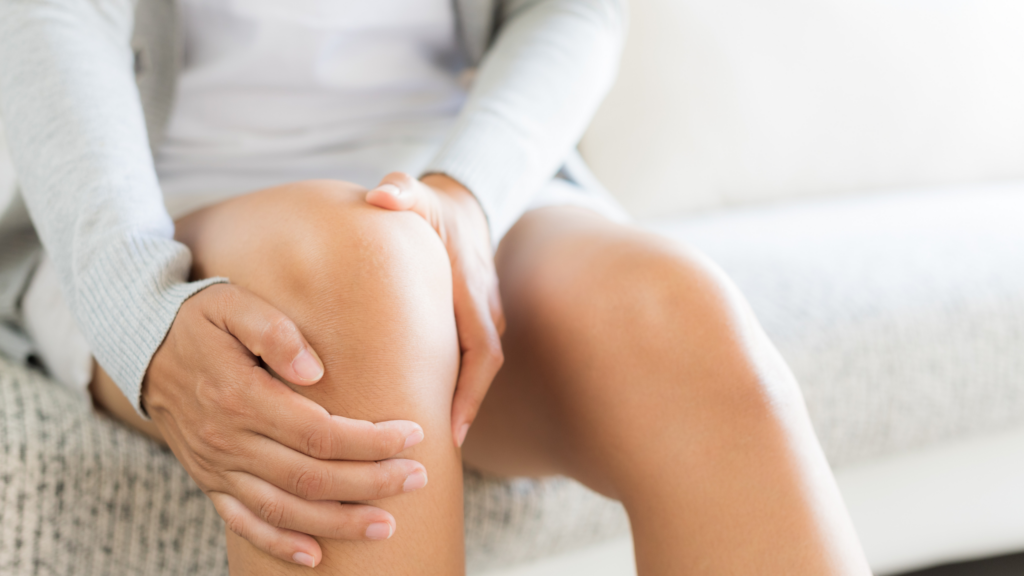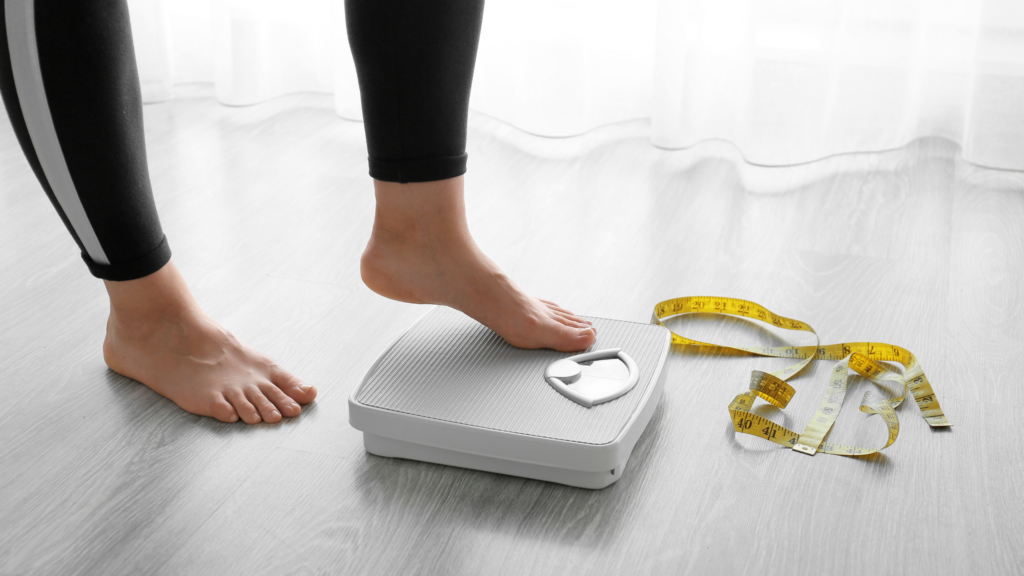Hair Loss Causes and Treatments
Published on October 24, 2018 by Dr. Caitlin Gordon
 I’ve had several hair loss episodes and am in the midst of one as I write this. We, women, tend to be especially attached to our hair. It’s a symbol of beauty and health for most. In the past, hair loss has put me into a state of panic. While I’m certainly not happy it’s happening again, I feel less attached this time. I know why it’s happening— major life transition, a round of Diflucan (hair loss as a side effect), and I’m on month two of a heavy metal detox. I practically asked for it.
I’ve had several hair loss episodes and am in the midst of one as I write this. We, women, tend to be especially attached to our hair. It’s a symbol of beauty and health for most. In the past, hair loss has put me into a state of panic. While I’m certainly not happy it’s happening again, I feel less attached this time. I know why it’s happening— major life transition, a round of Diflucan (hair loss as a side effect), and I’m on month two of a heavy metal detox. I practically asked for it.
Anytime health symptoms show up as visible issues with my weight, skin, and hair it challenges my self-esteem. This is always where things show up for me though. I interpret it as being a lesson: loosen my attachment to my physical appearance. Life keeps pushing me to let it go a little more.
This week every handful of hair is a mini-meditation on non-attachment. I wish it well and let it blow out my car window or drop it in the trash. May whatever ego needs to die with it, die now. I am so much more than my hair. You are so much more than your hair!
Hair Loss: shedding more hair than usual
Telogen effluvium. It’s a fancy sounding name for the common experience of hair loss after a stressful or traumatic event. The hair loss is diffuse but from the top of the scalp especially. It’s not patchy.
Typically only 5-10% of our hair follicles are in a shedding phase at any one time. During episodes of telogen effluvium, around 30% move into the shedding phase. This can cause quite a bit of hair loss. Telogen effluvium hair loss begins about 2-3 months after the stressful event. This part confuses a lot of people because they might be feeling great when the symptoms start.
Stressful events that can trigger this condition: major emotional stress, surgery, childbirth and menopause, poor diet (nutritional deficiencies such as zinc, Bs, iron), exposure to heavy metals, certain medications or recreational drugs, and sudden weight loss.
Hormonal imbalances unrelated to pregnancy or menopause such as high testosterone or PCOS can cause hair loss as well.
Hair Loss: patchy hair loss or bald spots

Patchy hair loss is indicative of an autoimmune condition called alopecia areata. Hair loss can be from the head or body. Only 5% of people with this condition will lose all of their head hair, most just notice small patches which eventually grow back.
This condition may be related to the way the body processes histamine, although the western medical establishment isn’t quite sure what triggers it.
Treatments for hair loss
The best treatment for hair loss caused by emotional or physical stress is to address the stressors. If emotional stress triggered the hair loss event, incorporating stress reduction modalities like meditation and acupuncture is hugely helpful.
In the case of physical stressors such as gut infections, heavy metal exposure, medication side effects, or surgery, working with a functional medicine clinician to lower inflammation, support detox pathways safely, and enhance mitochondrial function will help slow or reverse the hair loss.
Hair loss that is triggered by nutritional deficiencies, hormonal changes, and autoimmune disease can also be effectively treated with a functional medicine approach. Alopecia areata, in particular, has shown to respond favorably to antihistamine treatment.
Supplements and lifestyle changes that support healthy mitochondria go a long way towards reducing hair thinning and slowing hair loss.
Want to read about other physical symptoms of anxiety?
The contents of this site, including text, graphics, images, and other material are for informational purposes only. Nothing contained in this site is or should be considered or used as a substitute for professional medical or mental health advice, diagnosis, or treatment. Please schedule an appointment for personalized health advice.






